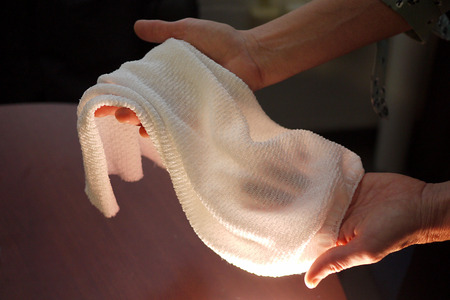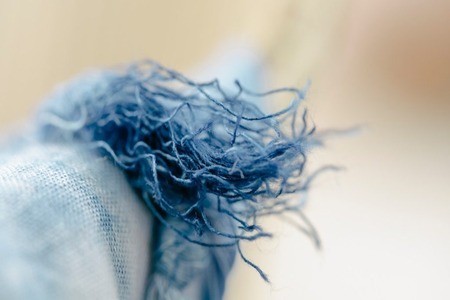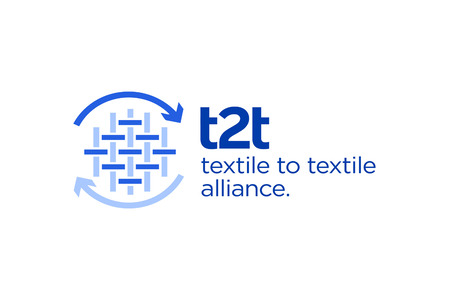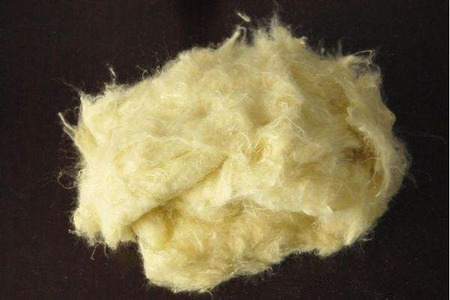
Researchers pioneer chemical recycling for fast fashion waste
YarnsandFibers News Bureau 2024-07-05 12:57:41 – USAResearchers from the University of Delaware are tackling the recycling challenges of mixed fiber textiles in the fast fashion industry with a novel chemical approach to separate mixed fibers. Led by Dionisios Vlachos, the team has developed a microwave-assisted glycolysis process aimed at reducing industry waste and emissions.
The innovative method involves using microwave-assisted glycolysis with a zinc oxide catalyst to separate polyester, nylon, cotton, and spandex in mixed fiber textiles. This process breaks down polyester fibers (PET) into their monomers, such as bis(2-hydroxyethyl) terephthalate (BHET), using ethylene glycol (EG) and zinc oxide (ZnO) as catalysts. The microwave-assisted heating enables rapid and efficient breakdown, while preserving the integrity of cotton and nylon fibers.
The new chemical approach aims to make large-scale, multi-fiber recycling feasible and economically viable, ultimately reducing textile waste and promoting sustainability. The process, which can be completed in just 15 minutes, breaks down polyester into valuable components like BHET and converts spandex into monomers used in various applications.
Vlachos highlighted the advantages of this technique over conventional methods, noting its efficiency in breaking down polyester and spandex while preserving cotton and nylon fibers, thus eliminating the need for costly sorting and separation of mixed textile waste.
Market Intelligence
Ask for free sample Report

experience
Customer Base
dedicated team
Countries Served Worldwide









